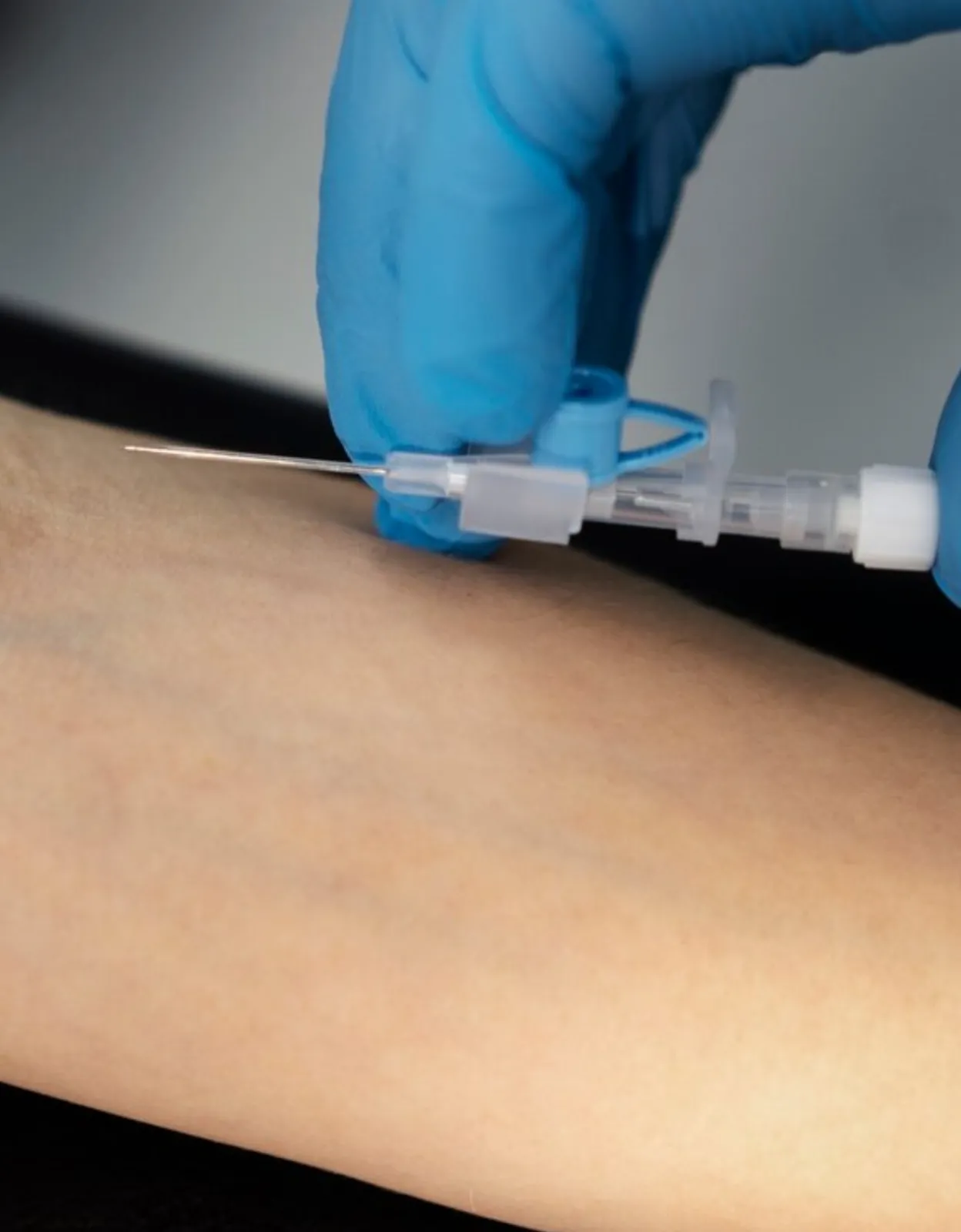28 Mar 2025
Recommended
Minimum 30 mins
Course
Access
Certification
Voiceover

Cannulation is an essential skill for healthcare professionals, facilitating intravenous (IV) access for the delivery of medications, fluids, and blood sampling. This course is designed to provide healthcare professionals with a thorough understanding of the theoretical principles of cannulation, ensuring safe and effective practice in line with the latest UK guidelines.
The course explores the anatomy and physiology of veins, infection prevention protocols, and the principles of vein selection. It also covers the identification and management of potential complications, ethical and legal considerations, and the importance of accurate documentation. Emphasis is placed on patient-centred care, including obtaining informed consent and maintaining patient dignity.
By the end of the course, participants will have the knowledge to perform cannulation confidently, ensuring patient safety and promoting high standards of care across clinical settings. This course is tailored for doctors, nurses, and allied healthcare workers looking to enhance their competence in IV access.

 £25
£25
Learning Outcomes.
By the end of this course,participants will be able:
To understand the fundamental principles, purposes, and significance of intravenous cannulation in healthcare.
To identify the professional roles, responsibilities, and limitations in performing cannulation.
To explain venous anatomy and physiology to support effective vein selection and successful cannulation.
To apply knowledge of infection prevention, aseptic techniques, and appropriate equipment use to ensure safety.
To assess patients, obtain informed consent, and address their comfort and dignity during cannulation.
To recognise and manage complications and maintain professional documentation and legal standards.
Course
Contents.
01
Overview of intravenous cannulation: scope, purposes, and importance.
03
Principles of infection control and aseptic techniques.
05
Roles and responsibilities in patient assessment and consent.
08
Post-cannulation site care, maintenance, and dressing.

06
Understanding legal, ethical, and professional obligations in cannulation.
09
Documentation requirements for accurate and professional record-keeping.
02
Anatomy and physiology of veins relevant to cannulation.
04
Equipment selection and preparation for safe IV access.
07
Complications of cannulation: identification, prevention, and management.
10
Patient-centred care: ensuring comfort, dignity, and communication.
The Cannulation Awareness course equips healthcare professionals with comprehensive knowledge to perform intravenous cannulation safely and effectively. Aligned with UK guidelines, this course addresses the principles of vein selection, infection prevention, and the management of complications. It also emphasises professional responsibilities, including legal and ethical considerations, documentation, and patient-centred care. This training ensures participants can confidently contribute to high-quality clinical outcomes while maintaining safety and professionalism in their practice.
 Summary
Summary


